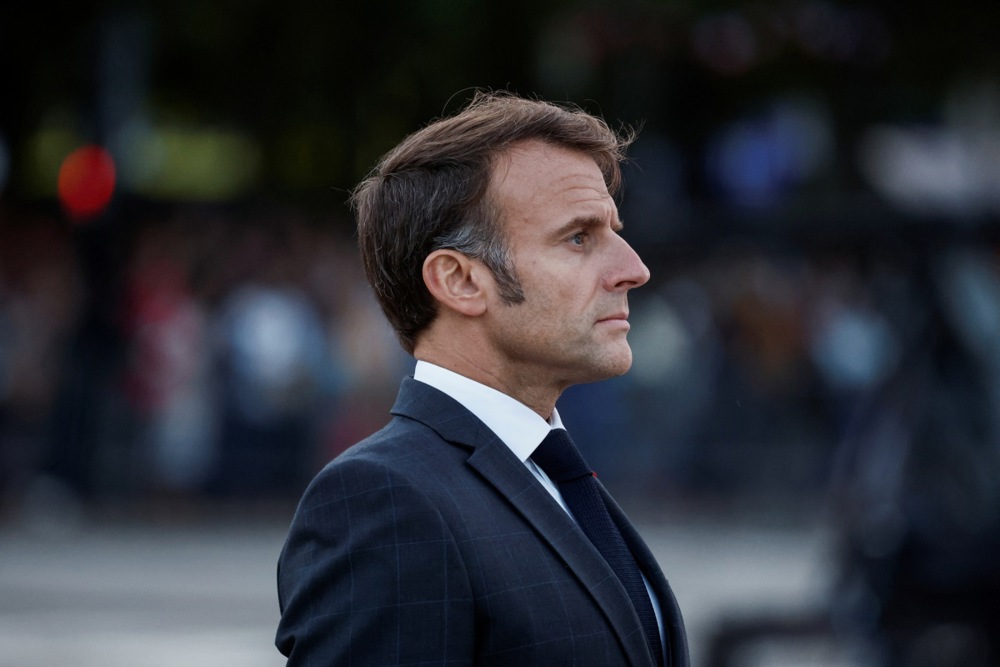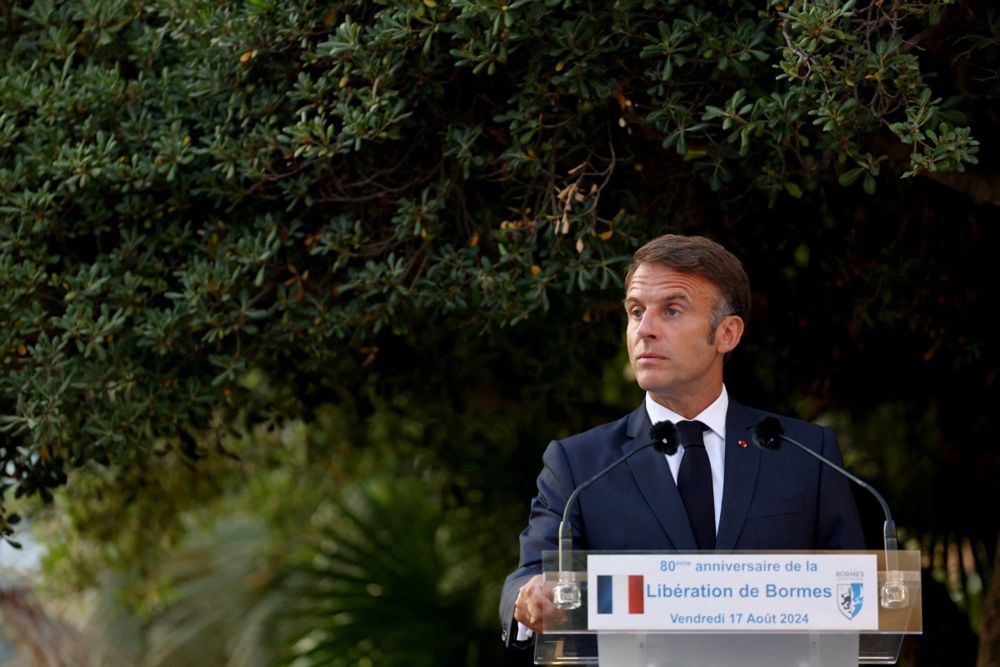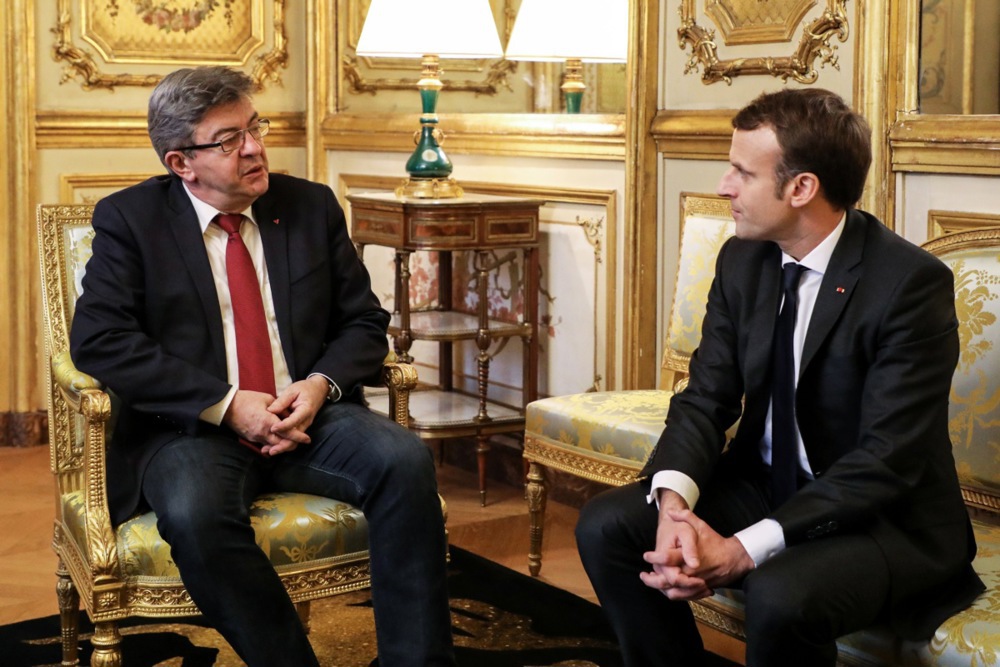French MPs have approved a leftist-backed amendment to increase tax on billionaires as part of the country’s budget proposal.
The so-called “Zucman Tax”, agreed on on October 25, targets the wealthiest in France, imposing a 2 per cent levy on personal assets over €1 billion — a threshold that would impact just the country’s ultra-rich elite.
The levy is named after economist Gabriel Zucman, an advocate for taxing the wealthy.
It will affect an estimated 150 billionaires, such Francoise Bettencourt Meyers, granddaughter of the founder of L’Oréal and the richest woman in the world according to Forbes; Bernard Arnault, CEO of luxury brand LVMH; and François Pinault, CEO of Kering, which owns Yves Saint Laurent and Gucci among others.
“Victory!” declared MP Gabrielle Cathala following the decision. “Our Zucman Tax on billionaires is adopted. That’s €13.6 billion from just the 10 biggest fortunes in France!” the lawmaker said on social media, estimating the tax’s annual revenue impact.
Victoire ! Notre amendement taxation « Zucman » sur les milliardaires est adopté ?
Cela fait 13,6 milliards de recettes supplémentaires rien que sur les 10 plus grandes fortunes françaises !
Les macronistes comptaient sur le RN pour voter contre avec eux mais l’extrême… pic.twitter.com/kBZrf1LpQz
— Gabrielle Cathala (@GabrielleCthl) October 25, 2024
Despite its approval, not everyone was on board with the move; the French Government itself had advised against it.
Finance minister Antoine Armand had expressed concerns that such a tax could backfire, warning it might drive France’s wealthiest citizens and their investments out of the country.
“I don’t think there’s a similar tax anywhere else,” he said, adding: “This is exactly how you drive away those who can invest in our country.”
The vote marked a political win for the hard-left La France Insoumise (LFI) party.
LFI leader Jean-Luc Mélenchon, known for his hard-line stance on taxation, famously declared in 2022 that he would find untaxed wealth “even in hell”.
“I will introduce a universal tax: wherever you are, even in hell, I will go and get the money you owe to the country,” he said at the time.
Other amendments to tax the rich were rejected, including the re-establishment of the Solidarity Tax on Wealth (ISF) — which French President Emmanuel Macron had scrapped in 2018.
France faces a “colossal” debt.
The country’s dire budgetary situation has caused the European Union to launch an excessive deficit procedure. The aim of the excessive deficit procedure is that EU countries correct excessive deficit and/or debt levels.
Finance Minister Antoine Armand has sounded the alarm on the French budget, warning of the “very serious situation” facing France. https://t.co/mz76DU3Tds
— Brussels Signal (@brusselssignal) September 25, 2024





